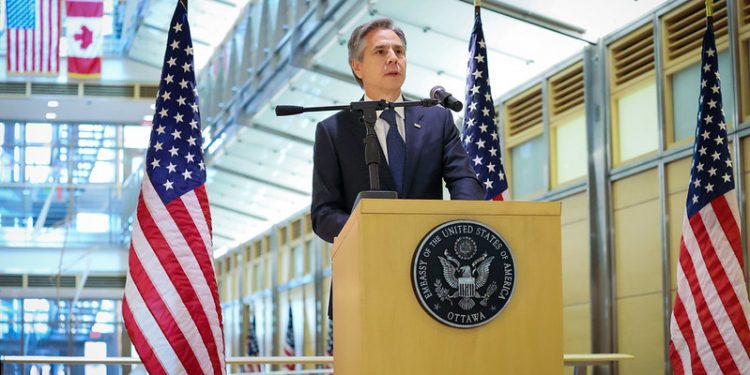In the aftermath of last month’s coup in Gabon, the United States has decided to halt specific foreign aid programs to the Gabonese government, as stated by Secretary of State Antony Blinken on Tuesday. The decision to suspend assistance will remain in place as the US evaluates “the unconstitutional intervention by members of Gabon’s military”, emphasized Blinken. This move aligns with actions taken by both the Economic Community of Central African States and the African Union.
Despite the aid suspension, the US will maintain its operational presence in Gabon, ensuring continued diplomatic, consular, and support activities for American citizens there.
The military coup in Gabon came to a head on August 30 when army officers took control and nullified the election results. This intervention took place shortly after the announcement of President Ali Bongo’s victory, which the military deemed non-credible. Bongo, who assumed power in 2009, now finds his leadership challenged.
Though the military-led government has committed to facilitating free and transparent elections, it has yet to provide a clear timeline. The country’s military-appointed Prime Minister, Raymond Ndong Sima, hinted earlier this month that a 24-month transition period to elections would be a feasible approach after the coup.
The prolonged governance by the Bongo family in this Central African oil-rich nation has been a source of significant discontent. Many argue that the Bongo dynasty has not adequately distributed Gabon’s wealth among its 2.3 million inhabitants. The recent coup was met with widespread celebration in the capital, Libreville. Following this, the military government swiftly solidified its hold, inaugurating General Brice Oligui Nguema, a top officer and a relative of Bongo, as the acting president.


